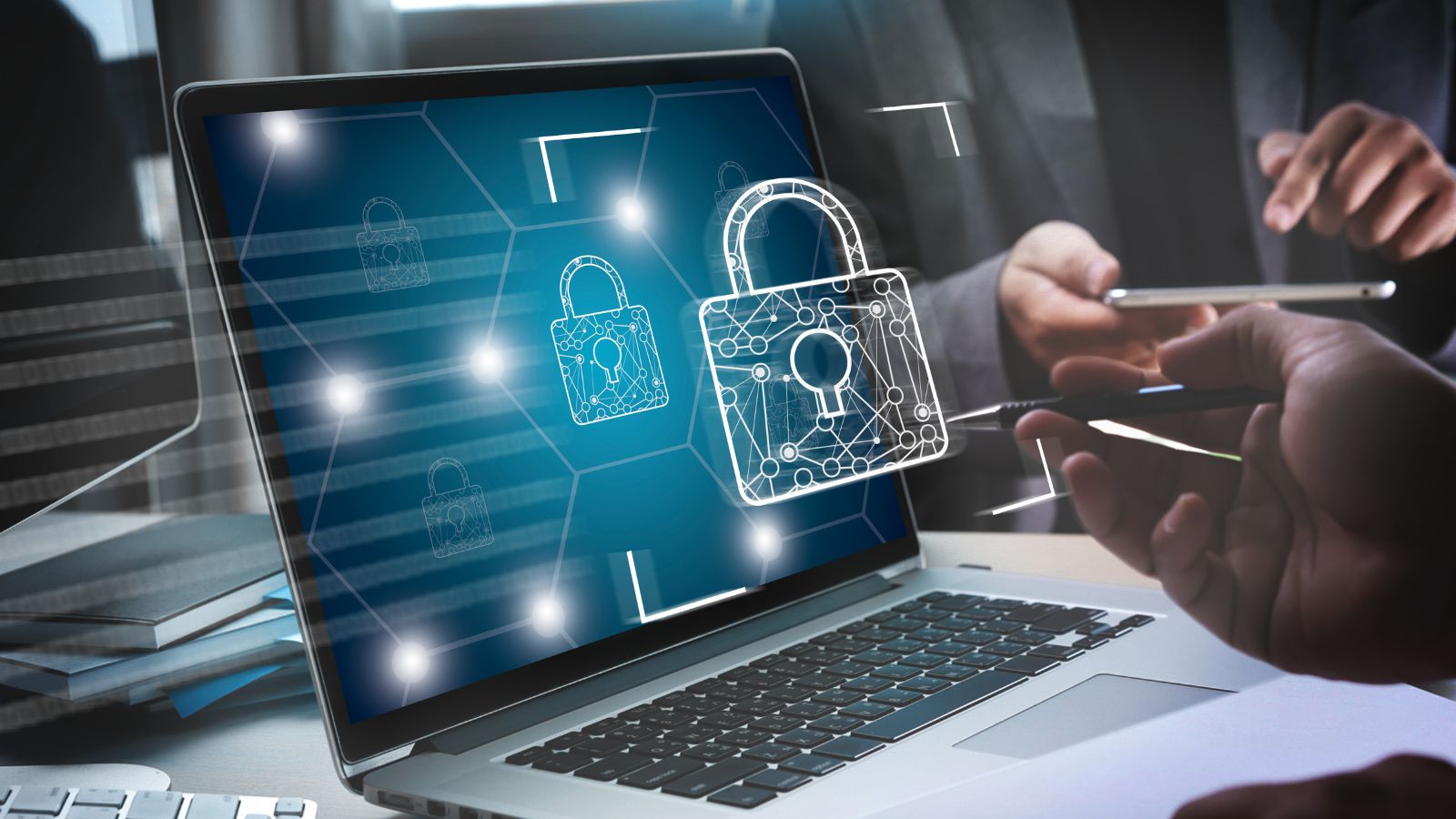1. Protecting Sensitive Data
NGOs often handle the personal information of clients, members, employees, and volunteers. Data breaches could lead to severe consequences for organizations and even harm their communities. Therefore, implementing cybersecurity measures is crucial to ensure data confidentiality and security.
2. Safeguarding Operations
With current reliance on digital tools, malware, cyber-attacks, and simple human error can lead to major disruptions of organizations’ activities. Malicious actors may attack NGOs for personal profit, and organizations working with vulnerable populations may even become targets of hate campaigns. Cybersecurity measures can prevent these attacks and ensure NGOs continue their vital work uninterrupted.
3. Maintaining Trust and Reputation
A data breach can disrupt services and severely damage an organizations reputation. Prioritizing cybersecurity showcases an NGOs commitment to safeguarding sensitive data and providing safe spaces, fostering clients’ trust towards the organization and social services in general.
4. Compliance with Laws and Regulations
Like other organizations, NGOs must comply with laws and regulations regarding data protection and privacy, such as the General Data Protection Regulation (GDPR) in the EU. Assessing vulnerabilities and developing cybersecurity strategies helps NGOs follow these regulations, avoiding potential legal and financial outcomes.
5. Mitigating Financial Risks
While NGOs might overlook digital security measures because of limited financial, staff, and time resources, it is important to remember that the consequences of security breaches can be substantial. From theft to the costs of responding to the harmful impact, NGOs can face severe budgetary setbacks, straining already limited resources. Thus, investing in cybersecurity can save resources in the long run.
6. Promoting Digital Inclusion
NGOs are responsible for promoting safe digital practices in their communities, which includes equipping these groups with the necessary digital skills to navigate online services safely and encouraging resilience against disinformation.
Despite restrictions, NGOs must prioritize cybersecurity. Effective cybersecurity is not just about protecting systems and data. It’s about safeguarding their mission, their reputation, and the individuals they serve. As the digital world continues to develop rapidly, NGOs must adapt to use digital tools securely and effectively.
The following questions can help you think about where to start:
- Does your organization have someone who is appointed to be responsible for security?
- Are people in your organization aware of data storage methods and their protection?
- Are they aware of GDPR concerning the data protection of members and clients?
- Do people have anti-virus protection on their devices?
- Do people use two-factor authentication for logging in to their accounts?
For more guidance on managing nonprofit cybersecurity risks, you can check out the article below from TechSoup.
#CyberCivicDuty campaign
DigiUp is participating in the #CyberCivicDuty campaign (#kansalaiskyberteko in Finnish) to raise awareness in the multicultural NGO field.


